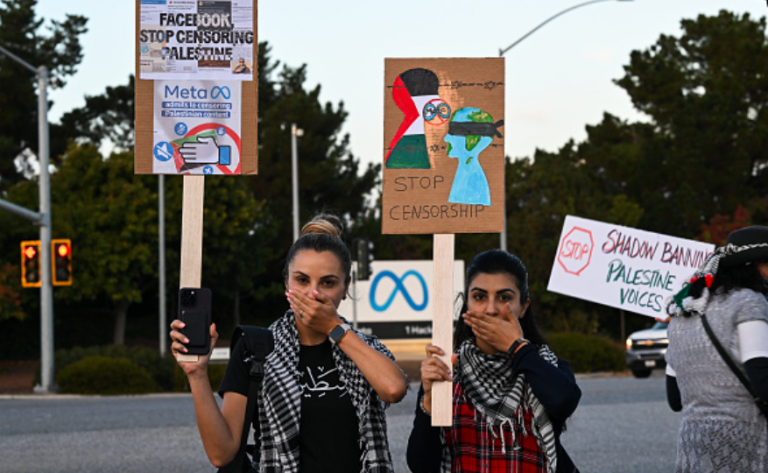YouTube And Big Tech Censorship Threatens Global Accountability
In a stark escalation undermining global efforts to preserve accountability for Israeli violations, Palestinian civil society organizations have been hit by an unprecedented campaign to erase their digital archives and silence their documentation work.
What began as a U.S. political decision has now translated into sweeping and coordinated digital censorship, threatening decades of human rights documentation that formed the backbone of Palestinian legal submissions to international courts.
For years, Palestinian human rights groups have meticulously collected evidence of Israeli abuses, from targeted killings and home demolitions to torture and violations against detainees.















